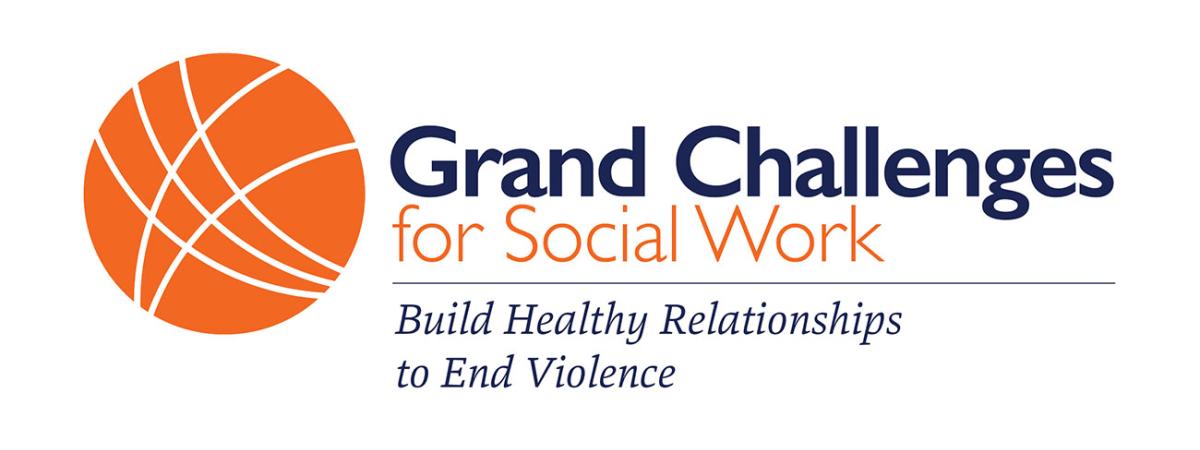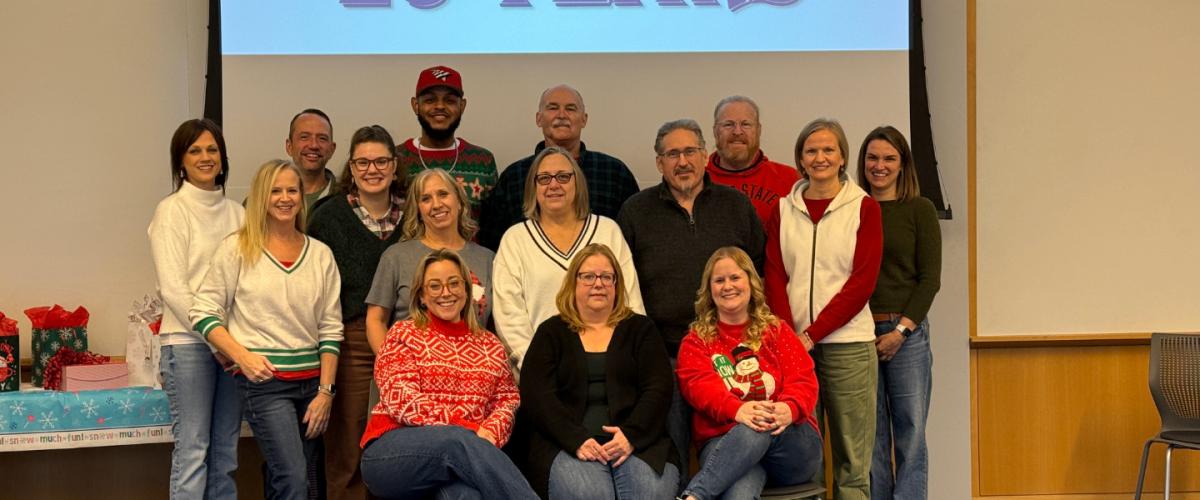Initiated by the American Academy of Social Work and Social Welfare, the Grand Challenges for Social Work is a groundbreaking initiative to champion social progress powered by science. It is a call to action for all social workers to work together to tackle our nation’s toughest social problems.
There are 13 Grand Challenges divided into three categories:
Individual and family well-being
- Ensure healthy development for youth
- Close the health gap
- Build healthy relationships to end violence
- Advance long and productive lives
Stronger social fabric
- Eradicate social isolation
- End homelessness
- Create social responses to a changing environment
- Harness technology for social good
Just society
- Eliminate racism
- Promote smart decarceration
- Build financial capability and assets for all
- Reduce extreme economic inequality
- Achieve equal opportunity and justice
Each month, the Mandel School will be focusing on our faculty members' work towards the Grand Challenges, beginning with Build healthy relationships to end violence.
Build healthy relationships to end violence
Interpersonal violence has a traumatizing impact—across the lifespan—on individuals, families, communities and society. Oppression based on factors such as a person's age, race, gender, identities, abilities or socioeconomic status alter these experiences. Healthy relationships foster emotional resilience and strength. Developing and broadly implementing interventions, both universal and targeted, with individual, relationship, community and service delivery systems can bolster a range of interpersonal relationships, reduce violence more broadly, and strengthen our mental and physical health, our families and our communities.
Societal Goals
- Increase the availability of services that strengthen healthy relationships to prevent and interrupt violence by 10%.
- By promoting healthy, violence-free relationships, we can bring about a 10% reduction in interpersonal violence, including child maltreatment and gender-based violence, within the next decade.
A Decade of Work
Over the next ten years, researchers, practitioners and policymakers can engage in a variety of activities that will advance this Grand Challenge and ignite social work achievements, including efforts to:
- Identify and facilitate prevention services for families with young children at risk of maltreatment and screen for violence exposure in health settings.
- Increase support for evidence-based intervention and prevention programs to reduce the structural inequalities that perpetuate interpersonal violence across the lifespan.
- Harness health care resources to increase engagement, screening, brief education, and warm referrals from primary care providers, the expansion of home visiting services, parent education, and a broad array of culturally relevant intimate partner violence and child abuse responses.
- Build healthy violence-free relationships across the lifespan that will influence social norms and promote safety in the family and community.
- Increase research funding for culturally informed evidence-based interventions that improve alignment of child welfare services and gender-based violence prevention and intervention services to strategically address common risk and protective factors.
- Increase the availability of parenting support (including safe-haven, birth match and home visiting programs) for all families, including families where children may be at risk for abuse or neglect.
- Support the expansion of trauma-informed service delivery models as a foundation for the implementation of universal and targeted interventions that treat trauma and enhance resilience and relational health.
Laura A. Voith, assistant professor, recently discussed her work towards the Build healthy relationships to end violence Grand Challenge. Voith frequently collaborates with Megan R. Holmes, associate professor and co-director of the Center on Trauma and Adversity, who is one of the co-leads of this particular Grand Challenge and was involved in the renaming and refocusing of it.
Can you describe your overall work/research?
I conduct applied and translational research to empower families and communities to live healthy, violent-free lives. My focus areas within this include researching ways to help men transform their interpersonal relationships to be healthy and violence-free, as well as with youth who have been victimized and may be at risk of future victimization or violent perpetration. Within this work, I aim to understand how social determinants shape people’s experiences and opportunities related to healthy or unhealthy relationships.
How does your work/research relate to the Build healthy relationships to end violence Grand Challenge?
In collaboration with community partners, my applied and translational research focuses on targeted programs of men with histories of violence against their partners (e.g., “batterer intervention programs”) and youth who have been victimized (e.g., hospital-based violence intervention programs). I also aim to impact healthy relationships taking an intergenerational approach by working with fathers who have a low socioeconomic status, aiming to promote healthy partnerships and engaged fatherhood.
My team’s work has contributed to this Grand Challenge by adding to the evidence base of interventions that are aiming to interrupt the cycle of violence and identify structural inequalities that contribute to disproportionate rates of violence. Additionally, my team has contributed to training and assessing the impact of trauma-informed service delivery models in these targeted programs, enhancing existing interventions that treat trauma (e.g., among youth with gunshot wounds) and building relational health with fathers of low socioeconomic status.
Why did you choose to work towards this Grand Challenge?
I have committed my career to working on the societal problem of violence, especially violence that impacts women. Working towards this Grand Challenge gives me an opportunity to view my work in context and in relation to a larger effort within society.
What challenges have you faced while doing your work/research?
COVID-19 has been a significant challenge for our community partners, shifting the mode and content of service delivery as well as access to clients and patients. The social isolation required for physical safety from the virus has exacerbated family conflicts and increased rates of intimate partner violence.
Stay connected with the Grand Challenges for Social Work
The GCSW publishes a monthly newsletter to highlight Grand Challenges-related activities at universities and partner organizations, including, but not limited to, research, curriculum, classroom and student projects, policy activities and practice-based work. Submissions from within and outside the profession of social work are welcome, as the 13 Grand Challenges are goals for society and require interdisciplinary collaboration. Due by the 10th of each month, the monthly themes are:
- January: Eliminate racism
- February: Achieve equal opportunity and justice
- March: Promote smart decarceration
- April: Build financial capability and assets for all + Reduce extreme economic inequality
- May: Ensure healthy development for youth
- June: Eradicate social isolation
- July: Harness technology for social good
- August: Create social responses to a changing environment
- September: Advance long and productive lives
- October: Build healthy relationships to end violence
- November: End homelessness
- December: Close the health gap





